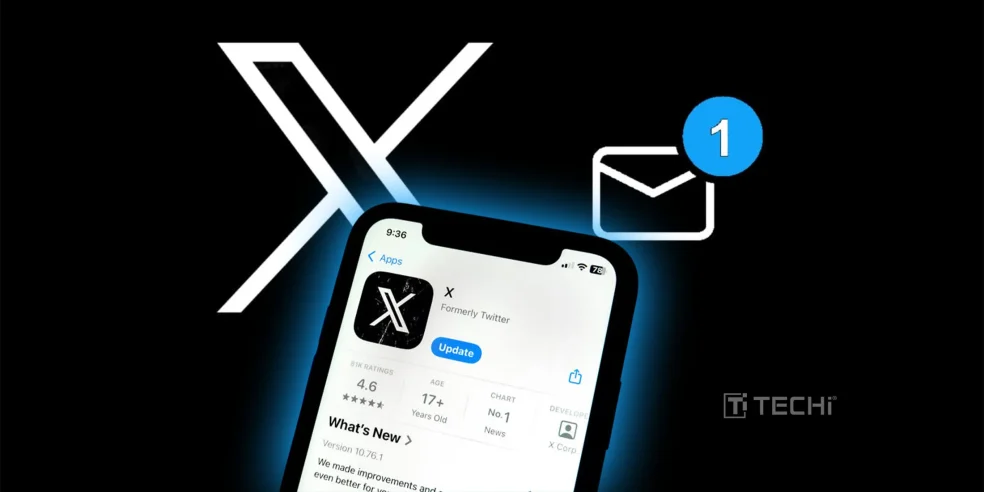Tech billionaire Elon Musk has officially launched XChat, a new messaging platform designed to challenge WhatsApp, Telegram, and Signal in the global messaging space. Built into the X platform (formerly Twitter), XChat is being promoted as a secure and privacy-focused app with a variety of advanced features, some of which could appeal strongly to African users.
XChat offers end-to-end encryption, vanishing messages, audio and video calling without needing a phone number, and the ability to send any type of file. According to Musk, the app is built on a new architecture using the Rust programming language and Bitcoin-style encryption. These features are currently being beta tested among premium subscribers on X, and leaked images suggest it also includes group chats, vanish mode, and a 4-digit passcode to lock messages.
This move is part of Musk’s broader ambition to turn X into a Western-style “super app,” much like China’s WeChat. He envisions X becoming a one-stop digital hub for messaging, payments, shopping, entertainment, and even dating. Musk has previously stated that he wants X to operate as both a digital bank and a dating platform by 2024. Meanwhile, OpenAI CEO Sam Altman is working on a similar goal through his project “World,” which recently introduced a biometric ID system and a new app store.
For users in Nigeria and Ghana, XChat’s arrival could eventually shake up the way people communicate online. WhatsApp has long dominated the messaging space across West Africa. It’s the go-to platform for personal conversations, family groups, religious communities, school updates, and even small business marketing. However, XChat brings some fresh offerings that could challenge this dominance.
One major advantage is privacy. As more Nigerians and Ghanaians become concerned about data security, especially with recent controversies involving surveillance and data leaks, a messaging app with robust encryption and vanishing messages might draw attention. Also, the ability to chat without a phone number is ideal for people using multiple devices or who value anonymity.
Additionally, with how AI tools like Grok are gaining popularity across universities and tech-savvy communities in Africa, the idea of a multi-functional “super app” is not far-fetched. If XChat successfully integrates payments, online shopping, and more under one roof, it could be very attractive to younger users and digital entrepreneurs.
That said, XChat will face some real challenges in gaining widespread adoption. Data costs remain high in many parts of West Africa, and users may hesitate to embrace a new app that requires more internet usage. Moreover, WhatsApp’s deep roots in daily life and trust among users could make it hard for any new platform to take over. If XChat remains accessible only to paying users on X, it may struggle to grow among the average population, where free apps are preferred.
There’s also the issue of device compatibility. A lot of users in Nigeria and Ghana still rely on older smartphones. If XChat demands more memory or speed than WhatsApp, it could limit its reach. However, if it rolls out a free version, works smoothly on basic devices, and adds features that support small businesses or fintech services, XChat could slowly carve out a market.
In the end, XChat is another bold move from Elon Musk aimed at redefining how we use messaging apps. If executed well, it might become a powerful alternative to WhatsApp in Africa and beyond. For now, all eyes are on how it develops—and whether users in Nigeria and Ghana will give it a chance.




